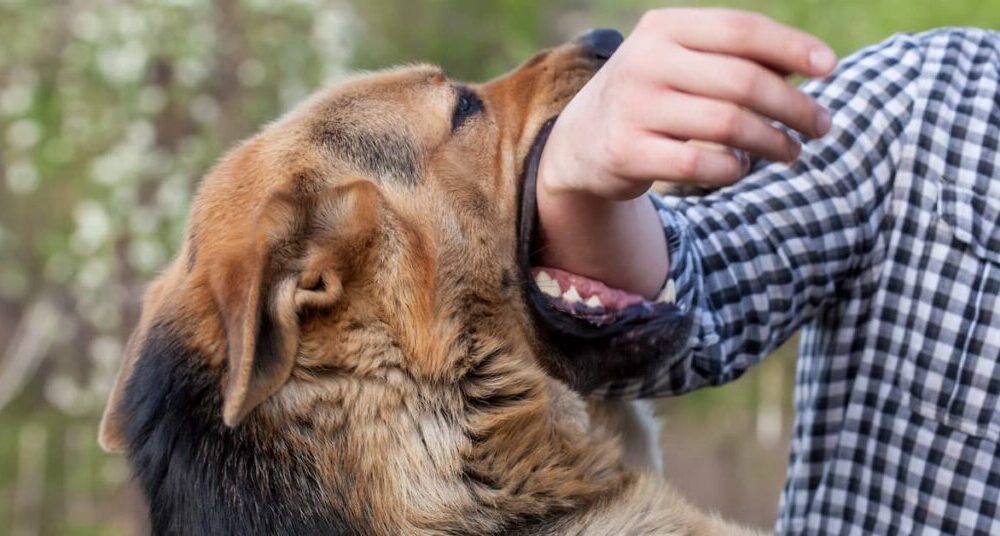Pets
Who’s Liable for a Dog Bite? A Lawyer’s Perspective

Dog bites can result in expensive medical expenditures, severe injuries, and psychological distress. Understanding who is legally responsible for a dog attack is crucial for victims seeking compensation. A lawyer for dog attack in Denver can help navigate the complexities of liability laws and ensure the victim’s rights are protected. This article explores different scenarios that determine who is legally accountable for a dog bite incident.
Understanding Strict Liability vs. Negligence
Different states follow various legal doctrines regarding dog bite liability. The two most common legal principles include:
- Strict Liability: Many states hold dog owners responsible for any injury their pets cause, even if they have never been hostile. The sufferer need not prove carelessness.
- Negligence-Based Liability: In other situations, the victim has to demonstrate that the owner did not take reasonable precautions to stop the attack. This may involve situations where the owner ignored leash laws, failed to secure the pet, or knowingly harbored a dangerous dog.
A lawyer for a dog attack in Denver can help determine which legal principle applies to a particular case and build a strong argument for liability.
Determining Liability in a Dog Bite Case
-
The Dog Owner
In general, dog owners are responsible for any harm their animals do. Responsible owners must take reasonable care to control their animals and safeguard others. If an owner fails to confine their dog or ignores aggressive warning signs, they may be liable for injuries.
-
Property Owners and Landlords
In certain situations, landlords or property owners may be held liable if they were aware of a dangerous dog on their property but failed to take action. For example, if a landlord allows a tenant to keep a known aggressive dog without implementing safety measures, they could share responsibility for an attack.
-
Dog Sitters and Caretakers
Individuals who take temporary custody of a dog, such as pet sitters, dog walkers, or kennel operators, may also be liable if they act negligently. If a caretaker allows the dog to roam freely or fails to restrain it properly, leading to an attack, they might be held responsible for damages.
-
Parents of Minor Dog Owners
If a minor owns a dog, their parents or guardians could be legally responsible for any injuries caused by the pet. Since minors may not fully understand the responsibilities of pet ownership, the law often holds their parents accountable for ensuring the dog is properly managed.
Common Defenses in Dog Bite Cases
Defendants in dog bite cases often use legal defenses to avoid liability. Some common defenses include:
- Provocation: The owner may contend that the assault was a direct reaction to the provocation if the victim hit, teased, or otherwise acted aggressively toward the dog.
- Trespassing: The dog owner may argue that they are not liable for injuries incurred during the trespass if the victim was on their property illegally.
- Assumption of Risk: The owner may contend that the victim willingly accepted the risk of harm in situations when the victim knew they were interacting with a dangerous dog, such as a guard dog that had obvious warning signs.
A lawyer for a dog attack in Denver will evaluate these defenses and counter them with evidence supporting the victim’s claim.
What to Do After a Dog Bite
In the case of an attack by a dog incident involving you or an individual you are concerned about, implementing the following actions may strengthen your position:
- Seek Medical Attention: Prevention of infection and documentation of the damage depend on immediate medical treatment.
- Report the Incident: Notify local animal control or law enforcement to create an official report.
- Gather Evidence: Take photos of the injuries, collect witness statements, and document any history of the dog’s aggressive behavior.
- Consult an Attorney: A lawyer for a dog attack in Denver can assess the case, explain legal options, and help secure compensation for medical expenses, lost wages, and pain and suffering.
Conclusion
Many factors can affect dog bite liability, making it difficult to determine. Knowing local rules and gathering good proof are the keys to a successful claim, whether against the owner, caretaker, landlord, or someone else. Hiring a lawyer ensures clients receive their due and reckless parties are held accountable. Contacting an expert lawyer after a dog attack can make all the difference.